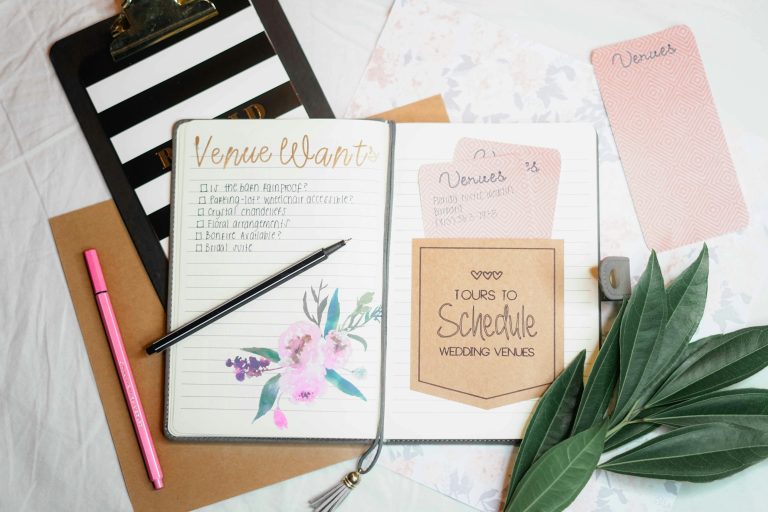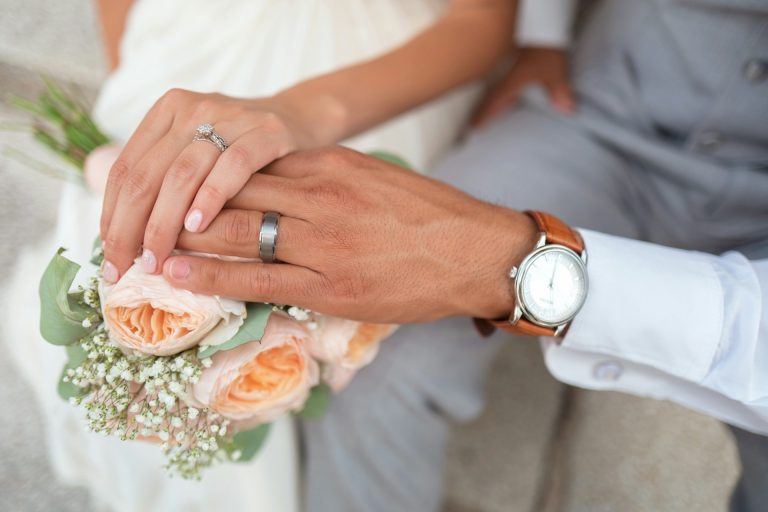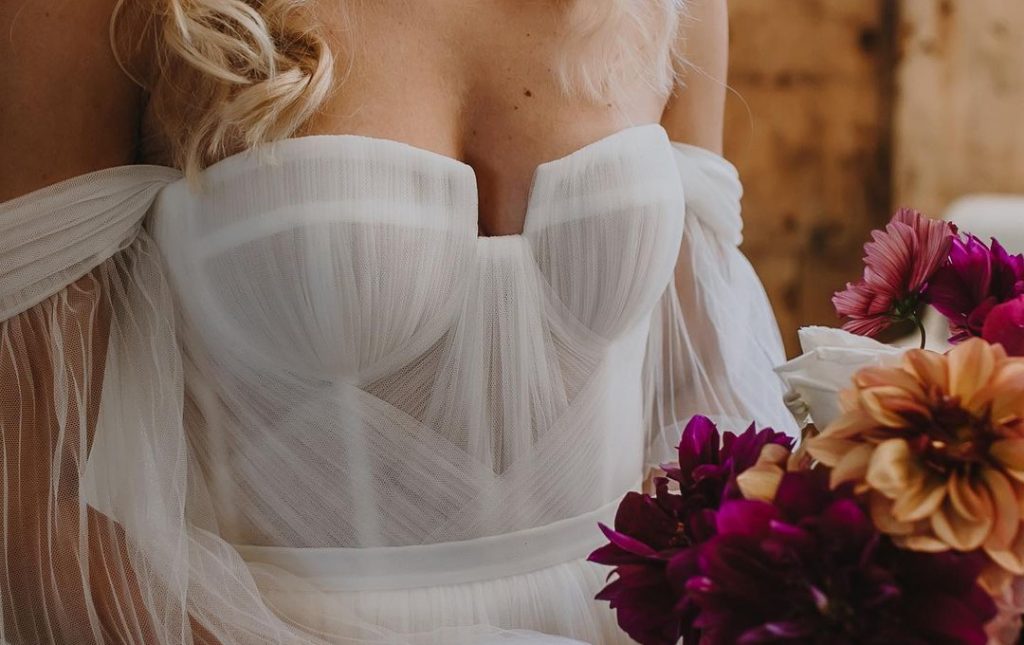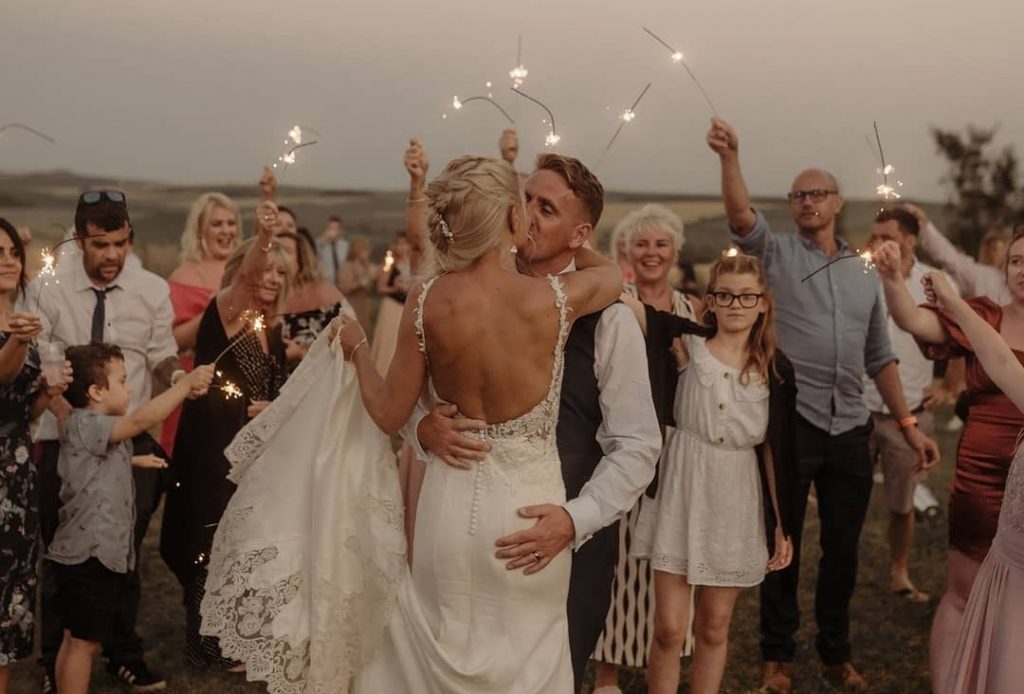Congratulations, you’re engaged! This is the start of a life long journey with the person you love the most. You’ll no doubt want to celebrate. But the reality is many people have never thrown an engagement party before and might not even know where to start.
So we’ve put together a short guide to help you.
Why Engagement Parties Matter
 Source: Photo by Gift Habeshaw on Unsplash
Source: Photo by Gift Habeshaw on Unsplash
Getting engaged is one of life’s most memorable milestones, and for many couples, it deserves more than a quick phone call or dinner. An engagement party sets the tone for your wedding journey. It’s the perfect excuse to gather both families, your closest friends, and anyone you want to share this exciting new chapter with.
Unlike the wedding day itself, engagement parties are usually less formal. Guests mingle, enjoy food and drinks, and celebrate in a relaxed setting. In South Africa, it’s not uncommon for couples to blend traditions—think vibrant music, shared platters, and heartfelt speeches—making it both personal and memorable.
Plus not everyone will get and invitation to your wedding, so an engagement party is a good way for more people to share the start of your new journey, without anyone feeling completely left out.
Who Hosts And Pays?
Traditionally, the bride’s parents hosted and paid for the celebration. Today, those rules are more fluid. Some couples host the party themselves, while others split costs between both families. Whoever takes on hosting duties typically covers the essentials:
-
Venue hire or set-up at home
-
Food and drinks
-
Décor and flowers
-
Photography, if included
(Tip: there’s are apps such as GuestCam that allow multiple guests to take pictures on their phones and upload it. This is a good way to see how your event went from your guest’s POV and also a great way to capture some special and candid moments that a photographer might not always get.)
Many couples now view the engagement party as a shared responsibility, with both sides of the family contributing.
When Should You Celebrate?
Timing is everything. Planners recommend hosting an engagement party two to three months after the proposal. This gives you time to enjoy the excitement, set a date, and spread out other wedding-related events like bridal showers and bachelor/bachelorette parties.
If your engagement is long, you can delay the celebration, but try to host it while the news still feels fresh.
Guest List Etiquette
A key rule of thumb: if someone is invited to your engagement party, they should also receive a wedding invitation. This avoids awkwardness and keeps expectations clear.
Engagement parties are also the perfect opportunity to introduce your families and friendship circles in a more casual environment before the wedding. Whether it’s 30 people in your backyard or 100 at a hired venue, keep the guest list consistent with your future wedding plans.
Invitations: Paper Or Digital?
Your invitations set the mood. Here are your options:
-
Formal dinner: Printed invitations are a timeless and elegant choice.
-
Casual gathering: Digital invitations are fun, budget-friendly, and easy to personalise.
Pro tip: don’t include registry details on your invites. Instead, add a link on your wedding website or share it personally with guests who ask. Gifts at engagement parties are thoughtful but never required.
Can You Have More Than One Party?
Yes, and many couples do. If your families live in different cities—or if you want to celebrate separately with friends and colleagues—it’s perfectly acceptable to host more than one event.
If you come from different cultural backgrounds, you may want to have two seperate parties to celebrate each of your cultural backgrounds respectively.Each gathering can reflect a different side of your life as a couple.
Can You Combine It With Another Celebration?
If you got engaged during a festive time of year, you can combine your engagement party with another celebration, such as a birthday or anniversary. Just try to avoid dates that clash with major holidays like Christmas, Easter, or Valentine’s Day, when guests are likely to have other commitments.
Step-By-Step Guide To Planning
1. Decide Who’s Hosting
Choose whether you, your family, or your friends will take the lead. This will determine the budget and scale of the event.
2. Pick A Date And Venue
Aim for within three months of your engagement. Backyard braai? Private restaurant room? Wine estate? The venue should reflect the tone you want—relaxed or formal.
3. Create The Guest List
Keep it in line with your wedding invite plans. Decide early if this will be an intimate gathering or a larger affair.
4. Send Invitations
Mail or email your invites at least a month in advance. Always include an RSVP date so you can finalise numbers.
5. Plan The Menu
The food doesn’t need to be extravagant but should match the setting. For a cocktail party, serve canapés and bubbly. For a garden gathering, opt for a braai or grazing tables. For formal dinners, a plated menu works beautifully.
6. Set The Scene
Décor sets the mood. Flowers, candles, and fairy lights create warmth, while bold centrepieces can add drama. Choose colours or themes that reflect your personalities.
7. Choose Your Outfit
Many brides-to-be wear white or pastels as a nod to the wedding ahead, but bold prints or florals also make a stylish statement. Grooms usually go for smart-casual but can elevate the look with tailored jackets or cultural attire.
Final Thoughts
An engagement party is more than just a celebration—it’s the first chapter in your wedding story. Whether you host a simple gathering at home or an elegant dinner at a venue, the goal is the same: bringing your loved ones together to celebrate your decision to spend your lives as one.
The beauty of planning an engagement party today is that there are no hard rules. Make it as casual, formal, traditional, or unconventional as you like. At the end of the day, it’s about joy, connection, and setting the tone for all the memories still to come.

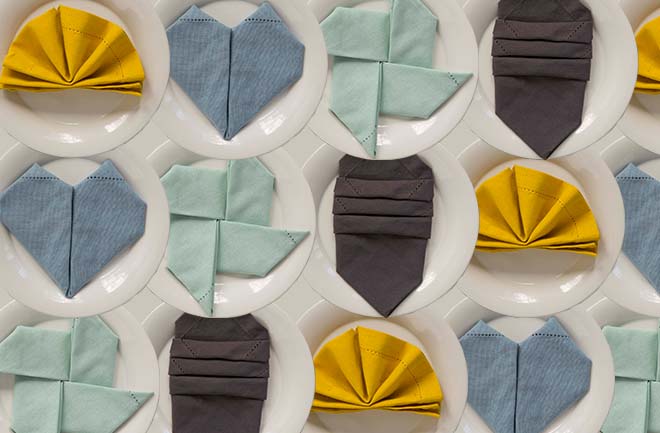




















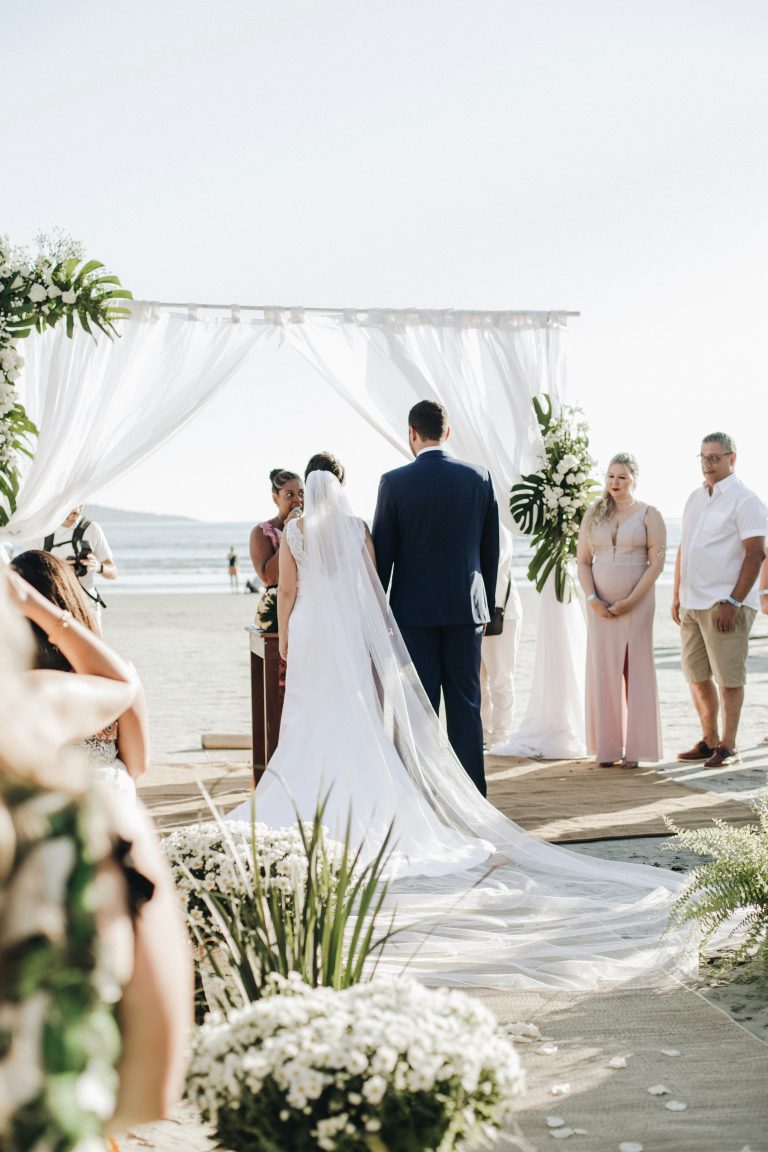

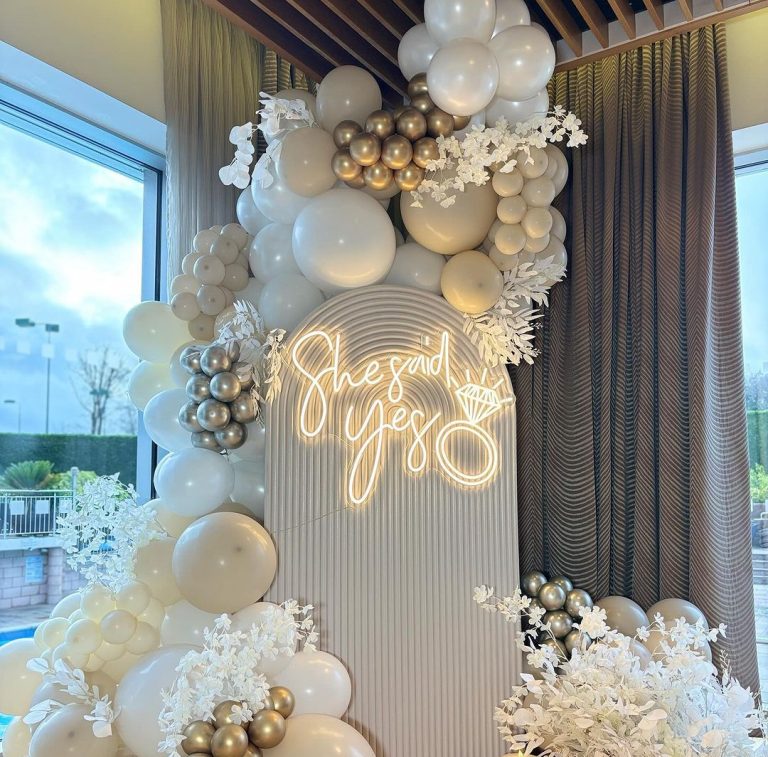
 Source: Photo by
Source: Photo by 